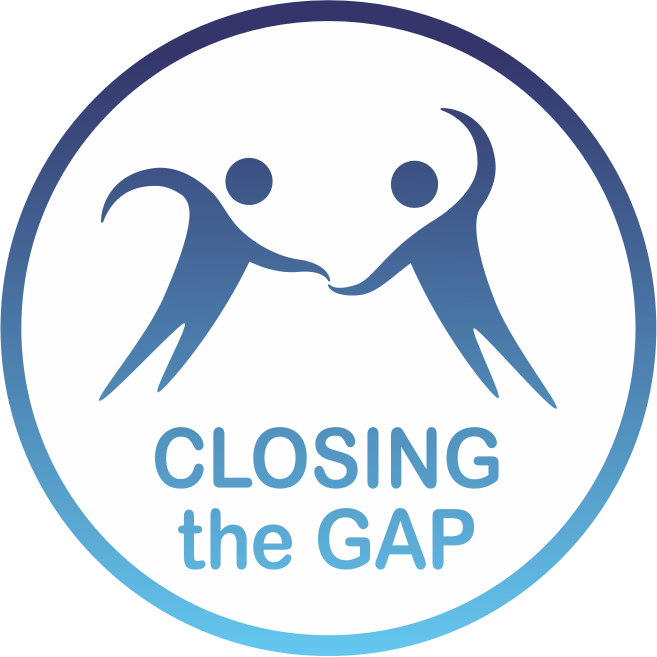‘Blue spaces’ are usually defined as areas with visible bodies of water, for example rivers, lakes and seas.
Throughout our interviews, there are a range of definitions of what blue spaces meant to people. Some of these definitions included:
Generally, throughout this resource when referring to ‘blue spaces’ we mean areas including water. Although we encourage you to reflect on what would count as a ‘blue space’ for you as this is likely to be individual.
A team at the University of Exeter developed a research project exploring how people with experience of bipolar disorder and/or psychosis interacted with blue space, and if those interactions influenced their mental health or wellbeing.
To do this, we interviewed 19 people about their relationship to blue space. We then invited these people to contribute to designing this online resource in the aim of sharing their experiences and our findings further.
It is hoped that this website will be of help and interest to others, including those without experience of bipolar or psychosis. We aim for this website to be a means of connecting with blue spaces at home, an opportunity to share experiences, and to inspire reflection about your own relationship with blue space.
Special thanks to our research partners


Contact us at bluespaces@exeter.ac.uk